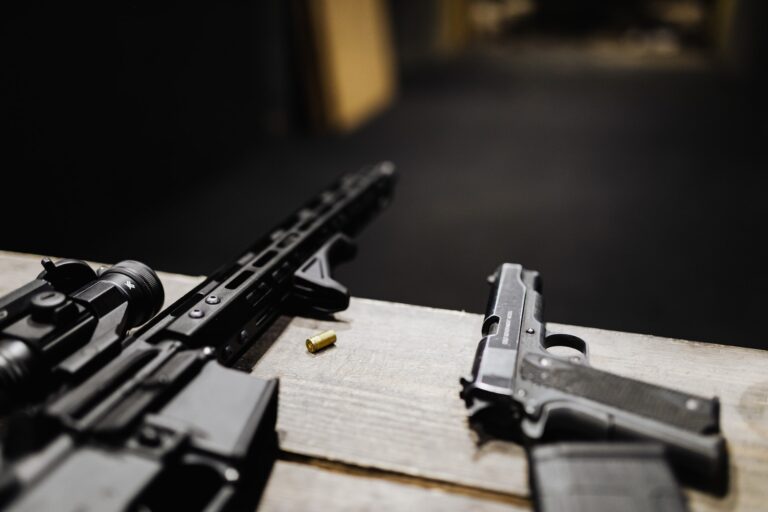What is the legality of guns and firearms in Burkina Faso?
In Burkina Faso, the possession and use of guns and firearms are regulated by the government. The legal framework is primarily based on the Law No. 024-2004/AN of 2004, which regulates the manufacture, import, export, transit, possession, and use of firearms, ammunition, and related materials. This law aims to maintain public order and security by controlling the proliferation of firearms and reducing the risk of their misuse.
How can one obtain a gun license in Burkina Faso?
To obtain a gun license in Burkina Faso, an individual must meet specific requirements and follow a strict procedure. Some of these requirements include:
- Being at least 21 years old
- Having no criminal record
- Passing a medical examination to ensure physical and mental fitness
- Providing proof of a legitimate reason for owning a firearm
- Completing a firearms safety course
Once these requirements are met, an individual can apply for a license at the National Commission for the Control of Firearms and Ammunition (CNCA). The license is valid for five years and can be renewed.
Firearms laws in Burkina Faso are strict, and penalties for breaking them can be severe. Some of the key provisions and penalties include:
- Illegal possession or use of a firearm: imprisonment of up to five years and a fine
- Illegal manufacture, import, or export of firearms: imprisonment of up to ten years and a fine
- Illegal sale or transfer of firearms: imprisonment of up to five years and a fine
- Failure to report lost or stolen firearms: imprisonment of up to two years and a fine
What is the public opinion on guns and firearms in Burkina Faso?
Public opinion on guns and firearms in Burkina Faso is generally mixed. While many people recognize the need for strict gun control measures to maintain public order and security, others argue that individuals should have the right to possess firearms for self-defense, particularly in rural areas where state security forces may have limited presence. This debate has been fueled by increasing insecurity in the country, with a rise in terrorist attacks and intercommunal violence in recent years.
What types of guns are commonly found in Burkina Faso?
The types of guns commonly found in Burkina Faso include:
- Hunting rifles
- Shotguns
- Handguns
- Locally made firearms
Automatic and semi-automatic weapons are generally not permitted for civilian use in Burkina Faso.
What are the rules regarding air rifles and airsoft guns in Burkina Faso?
There is limited information available regarding the rules and regulations for air rifles and airsoft guns in Burkina Faso. It is advised to consult local authorities for specific guidance on the possession and use of these items.
Exact statistics on gun ownership per capita in Burkina Faso are not readily available. However, according to the Small Arms Survey, it is estimated that there are around 220,000 civilian-held firearms in the country, which equates to approximately 1.2 guns per 100 people. The number of firearms held by the military and law enforcement is also estimated at around 60,000.
How do government laws and links affect gun control in Burkina Faso?
Government laws and international agreements play a significant role in shaping gun control policies in Burkina Faso. The country is a signatory to several international agreements related to firearms control, such as the United Nations Programme of Action on Small Arms and Light Weapons and the Arms Trade Treaty. These agreements commit Burkina Faso to implementing and enforcing national gun control measures and cooperating with other countries to combat the illicit trade in firearms. The effectiveness of these measures, however, depends on the capacity of the government and security forces to enforce them and the political will to address the root causes of insecurity and violence in the country.
